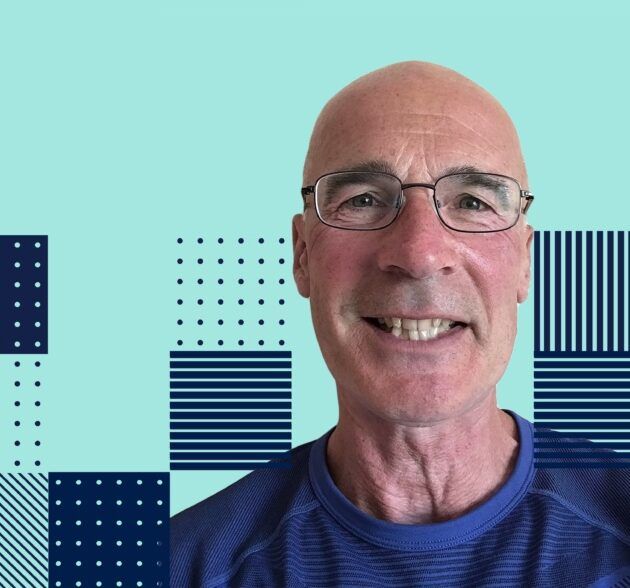How we protect your data
We store and manage data securely, to the highest industry and professional standards, in compliance with data protection laws.
Learn more about how we process your data
Storing your data and samples securely
All the information you share with us is encrypted and stored according to strict security standards.
Blood samples are stored in accordance with the Human Tissue Act. The storage and analysis of these samples is done at accredited research facilities only.
Protecting your identity
On our website you may come across the term ‘de-identified data’, this simply means identifiable information, such as your name and address is removed. Blood samples and health information from the questionnaire are always stored securely and separately from any information that could identify who you are.
When verified researchers access our databases they never have access to your names or contact details.
Who can access my name, address and other identifiable information?
Only a very limited number of administrative staff at Our Future Health have access to identifiable data. This is to make it possible for us to re-contact people to ask if they want to take part in follow-on research or to offer them personal feedback about their health, if they wish to receive it.
Our data promise
We will never sell your data to advertisers or insurance companies.
How we protect your information and privacy
Watch this short video for an overview of how we protect the data of everyone who joins our programme

‘Joining Our Future Health is like leaving your body to science – while you’re still alive’
Paul Hooley, a former senior lecturer in molecular biology, reveals his excitement at joining our research programme years after first predicting its existence.